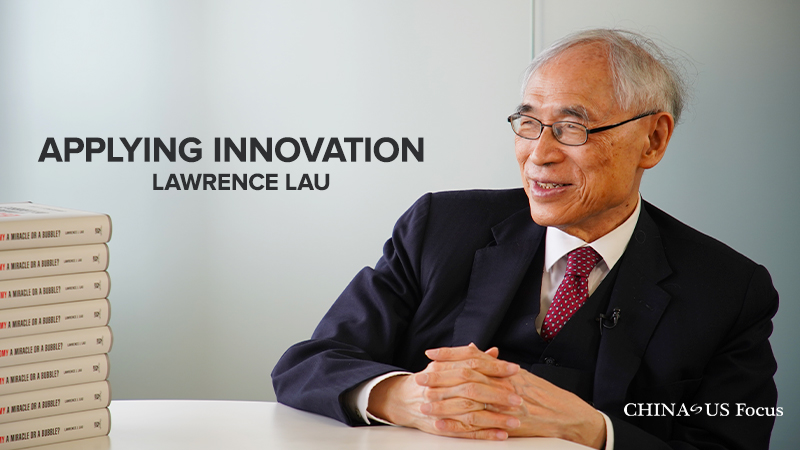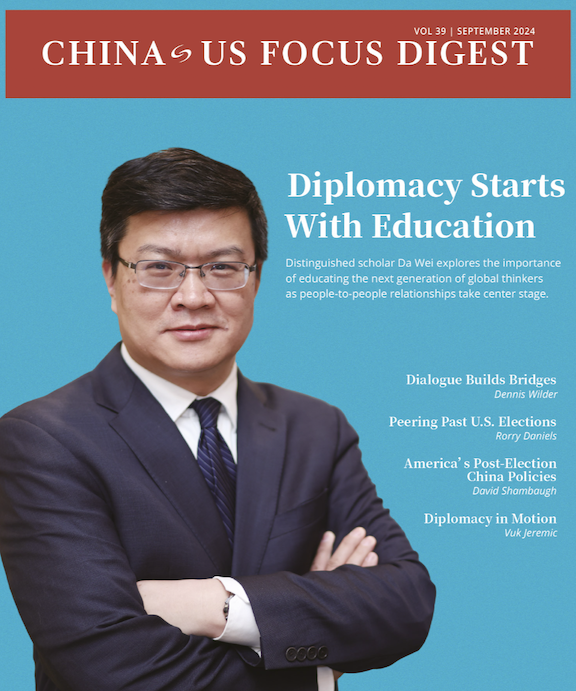
Dear Focus Reader,
Last week, China announced its decision to raise the retirement age for the first time since the 1950s, a move aimed at addressing the country's aging population and shrinking pension funds. Beginning in 2025, the statutory retirement age will gradually increase over the next 15 years. The policy marks a significant shift for China, whose current retirement ages are among the lowest globally.
The decision comes as China grapples with demographic challenges, marked by declining birth rates and an increasingly older population. By 2040, nearly a third of China's population is expected to be over 60, putting pressure on the nation's social safety nets. It's anticipated that extending the retirement age will help alleviate some of this financial strain, ensuring a more sustainable workforce and pension system.
In addition to the retirement age reform, China is also exploring further measures to boost its labor force and sustain long-term economic growth. These include encouraging later-life employment, enhancing vocational training programs for older workers, and offering incentives for families to have more children.
Meanwhile, U.S. officials traveled to Beijing this week for the second meeting of the U.S.-China Economic Working Group (EWG), where they discussed economic concerns affecting both nations. The two-day meeting touched on domestic macroeconomic outlooks, including allegations of China's overcapacity and non-market practices in certain sectors, which have drawn criticism from U.S. firms. They also addressed areas for cooperation, such as debt issues and financing challenges in emerging and developing economies. U.S. officials stressed that the EWG remains a critical platform for addressing shared challenges and fostering cooperation between the world's two largest economies.
Learn more by catching up on our latest Focus content, including topics on China's economy, the U.S. presidential elections, and China's role in the Middle East.
The record-breaking cybersecurity budget request for civilian administrative departments and agencies in the 2025 fiscal year made by the Biden administration this year.
Learn more in "Volt Typhoon Cyber Threats: A Dedicated Scam or a Real Cyberbattle?," by Zhonghua Sheng, Researcher and Postdoctoral Fellow, Centre for Contemporary China and the World, The University of Hong Kong.
Cuju, The Ancestor of Football | Tasmin Little
Watch VideoIn our Focus Insights section, we shared an interview by Professor Lawrence Lau exploring the role of innovation and increasing aggregate demand in maintaining China's economic growth.
We want to hear from you!
Is it possible for economic reforms to benefit everyone equally in most economies?
Submit your thoughts to USeditor@chinausfocus.com for a chance to be featured in next week's Focus This Week.
useditor@chinausfocus.com for more info.
Prepared by China-US Focus editorial teams in Hong Kong and New York, this weekly newsletter offers you snap shots of latest trends and developments emerging from China and the U.S. every week. It is a community space to exchange thoughts and ideas about the China-U.S. relationship and beyond.
- 2024-09-13 Focus This Week: Competing Visions
- 2024-09-06 Focus This Week: Increasing Influence
- 2024-08-30 Focus This Week: Dialogue and Diplomacy
- 2024-08-23 Focus This Week: Intensifying Competition
- 2024-08-16 Focus This Week: Working Group Progress
- 2024-08-09 Focus This Week: Walz-ing into a new era?
- 2024-08-02 Focus This Week: Time Remaining
- 2024-07-26 Focus This Week: Political Shifts
- 2024-07-19 Focus This Week: The Third Plenum
- 2024-07-12 Focus This Week: 75 Years of NATO
- 2024-06-28 Focus This Week: The Race to November
- 2024-06-21 Focus This Week: Global Currents
- 2024-06-14 Focus This Week: A Diplomatic Tour
- 2024-06-07 Focus This Week: Searching for Peace
- 2024-05-31 Focus This Week: A Rare Meeting
- 2024-05-24 Focus This Week: Inauguration Across the Strait
- 2024-05-17 Focus This Week: Alliance Strengthened
- 2024-05-10 Focus This Week: Strategic Partnership
- 2024-05-03 Focus This Week: Xi's Heading to Europe
- 2024-04-26 Focus This Week: Advancing Relations



